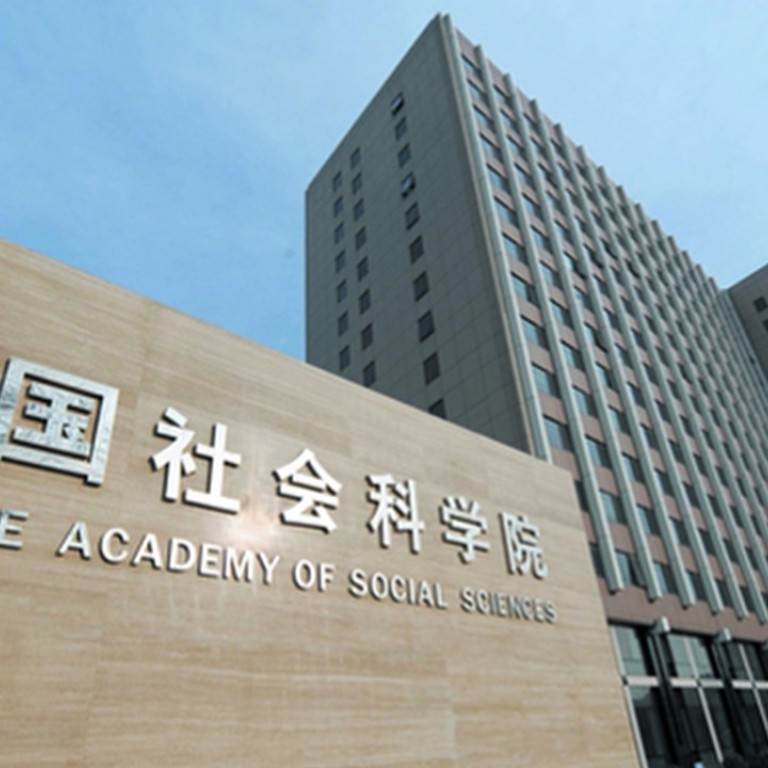
Top Beijing think tank urges Hong Kong to make better use of its ‘one country’ principle
CASS scholar also argues it is impossible for China to stand alone in a global tax cut headwind initiated by Trump
Hong Kong must better emphasise and make the most of the “one country” part of the city’s “one country, two systems” constitutional principle in search of further development and economic opportunities, according to the president of China’s top think tank, the Chinese Academy of Social Sciences (CASS), Wang Wei-guang.
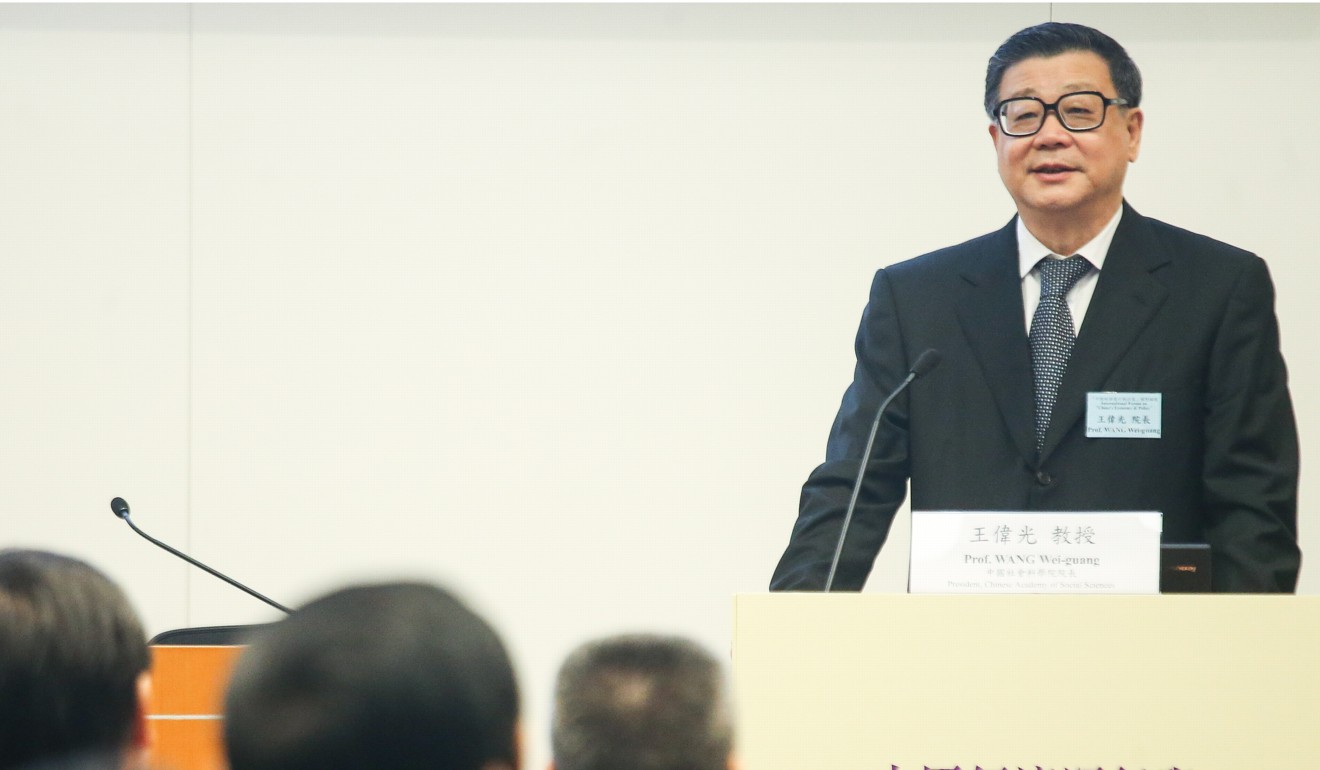
In a speech delivered at the forum themed “China’s economy after the 19th party congress”, Paul Chan Mo-po, Financial Secretary of Hong Kong, said: “Hong Kong is on course to deliver annual GDP growth of 3.7 per cent, its fastest rate in six years, as the first three quarters saw 3.9 per cent growth, backed up by further consolidation and fast development of the mainland economy, as well as improving external conditions globally.”
Hong Kong’s push for deeper integration with the mainland, already includes striving for a bigger role in China’s blueprint national economic strategies, including the “Belt and Road Initiative”, and the “Big Bay Area” plan – the latter sparking much, at-times headed, debate by Hong Kong businesspeople and citizens alike.
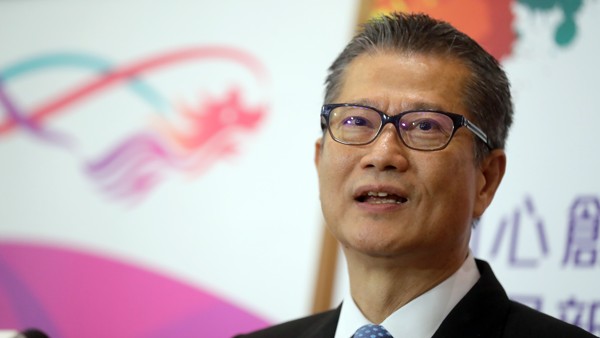
For the Hongkonger in the street, much of the “Bay” debate is whether Hong Kong’s increased integration with the mainland will allow it to retain its current level of democracy and free economy, while still being ruled ultimately by a communist regime.
Held in Hong Kong’s central government office, the event also heard from Victor Fung, chairman of the Fung Group, who added the distinction in policies, legal systems, tax regimes, and the need to maintain each other’s border is proving a choking point for developing the Big Bay Area, which has the aim of turning nine mainland cities including Hong Kong and Macau into an integrated business power house to rival New York, and Tokyo Bay.
The mainland and Hong Kong governments signed the Closer Economic Partnership Arrangement (CEPA) in 2013 – effectively a free-trade pact that allows qualifying products, companies and residents of Hong Kong preferential access to the mainland.
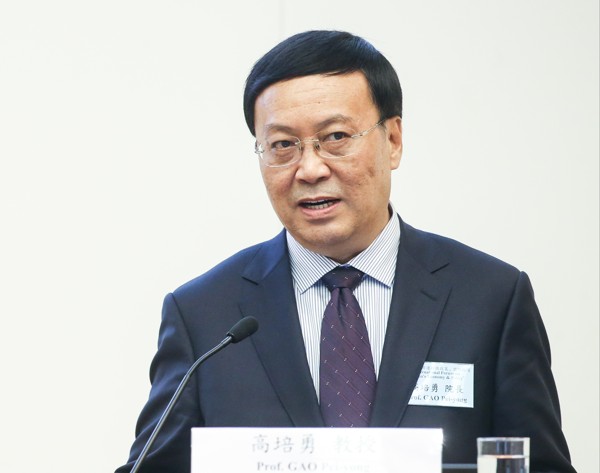
But Fung emphasised how the flow of information and capital between the two sides remains far from free, concerning officials from both Hong Kong and Guangdong (which is governed under different political regime), which they suggest could stifle the Bay Area’s full potential
“Ways have to be cleared to overcome those hurdles,” he added.
Apart from underlining the highly competitive nature of the mainland, CASS scholars also briefed the audience on the risks and challenges that have to be faced dealing with the world’s second largest economy.
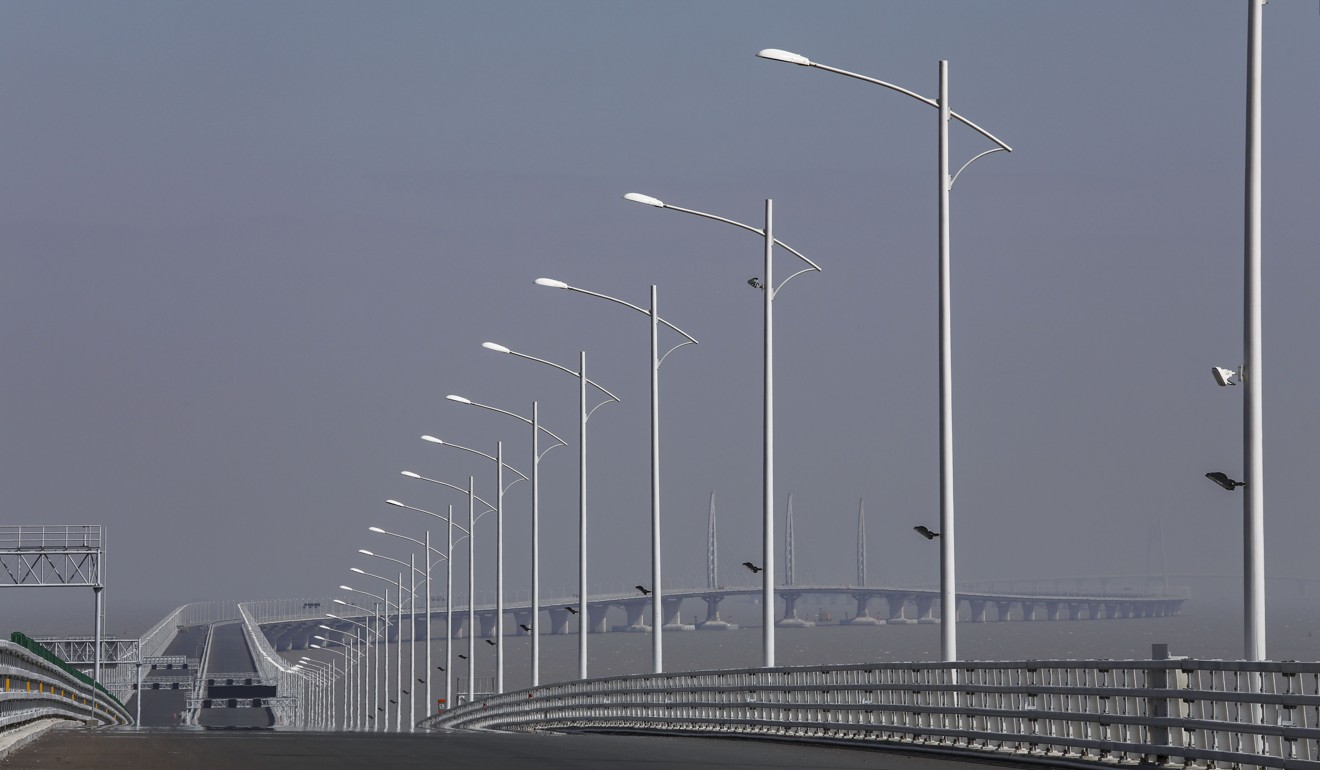
Gao Peiyong, director of CASS’s Institute of Economics, said: “It would be impossible for China to stand alone (and hold business taxes at current levels), given US President Donald Trump’s recent announcement he plans to lower rates in his country, and revamp an outdated tax system which he says discourages business investment, forces firms to leave the country and that puts the US at a disadvantage against foreign rivals, such as China.
“Other governments and markets will definitely follow suite, just as happened in the 1980s, during the Reagan era.
“China will have to further ease its own business taxes and other fees on companies,” Gao said, “but to offset the decrease in government income, more is likely to be collected from individuals, including the property tax.”

